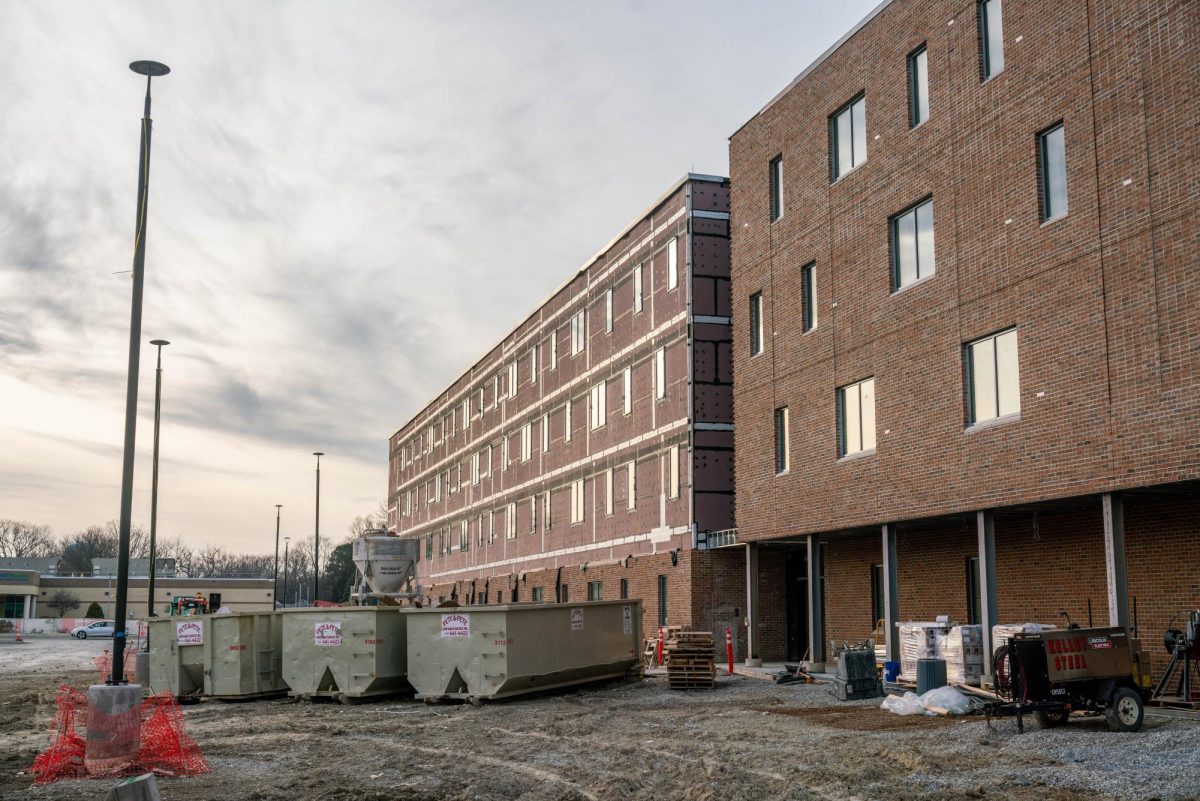The Bridge is a service offered by the Oberlin Public Library to help community members learn more about technology. It provides digital services to those within Oberlin and the surrounding areas.
The Bridge began on July 10, 2000, with an inaugural program called “My First Computer Camp” for children. In August of the same year, it began drop-in hours and free computer classes for adults.
The program’s genesis came the year prior when Oberlin Community Services brought together a group of citizens to discuss social and educational problems in the town. The consensus reached was that accessible computer and technology resources were necessary for Oberlin, and the group renamed itself to the Community Technology Committee.
In 2002, the Bridge became a part of the Oberlin Public Library and began to draw funds from the Library for its operating expenses. In 2005, it received the American Library Association’s Library of the Future award and, in 2006, was listed as the “Best Library Link” by Reader’s Digest.
Today, the program provides community members with free access to computers and facilities, as well as free classes about technology. This includes more specialized software like Adobe Element 2021, Adobe Photoshop CS, Adobe Acrobat Reader Pro, and Microsoft Publisher 2019. The facility also has a 3D Printer. Users can also access the Bridge’s free Wi-Fi and a printer.
It also holds classes for adults to improve their technology skills and has the Backspace, where classes are held for middle and high school students. Bridge Director Stephanie Jones, who has worked there for over 20 years, describes how the program has evolved since its inception.
“Originally, we just held basic computer classes so that people who didn’t know a lot about computers could come in and learn the basics of how to turn on a computer,” Jones said. “We’re talking about 2001, and computers [were] just becoming relevant. So, the different parts of the computers, how to use it, [and] how to set up an email account. We’ve gotten more advanced in that we’ve done some camps and adult classes on how to do programming, robotics, basic Excel, Microsoft Word, and all those things. Now we’re doing Northstar [Digital Literacy], which is an online program.”
The Bridge also works with the City’s Department of Recreation to hold monthly sessions inviting senior citizens to ask questions and fix issues that might arise. It also allows community members to come in for technical support and even offers the service over the phone.
“We get a lot of people who call us that need assistance,” Jones said. “They have problems [with] their computers at home. So we try to talk them through it there, or they may bring their laptops or their tablets and phones [to the Bridge].”
When asked to describe the impact of the Bridge on the community, Director of Oberlin Public Libraries David Fausnaugh said that it has had an impact on the town.
“The Bridge really is an opportunity for community members to get one-on-one technology help in a way that isn’t often available to people,” he added. “We’re not charging a fee for that. So, most of the time, people are seeking out technology help to try and kind of bridge that digital divide. They’re either going to have to sign up for a service that may or may not be above their expertise level, or they’re going to seek out someone for tutoring that may or may not charge them for that. So, this is our way to make technology services and technology help accessible for the entire community.”








